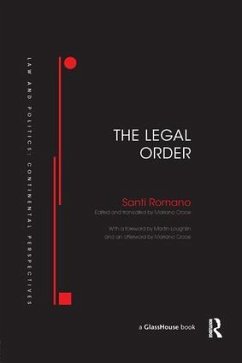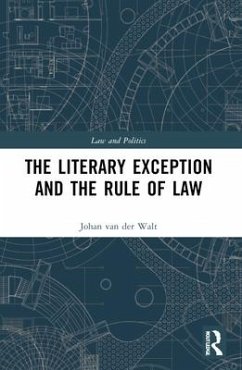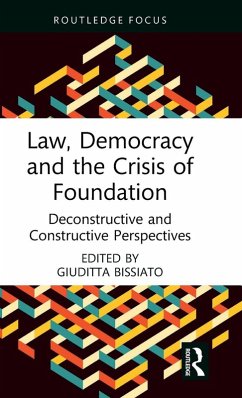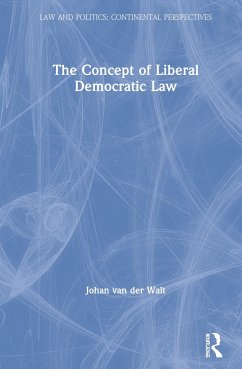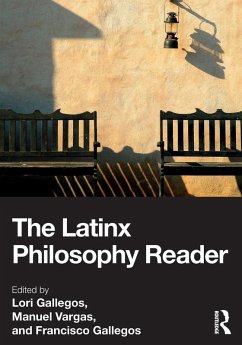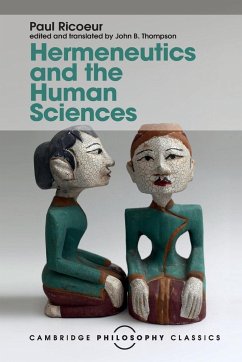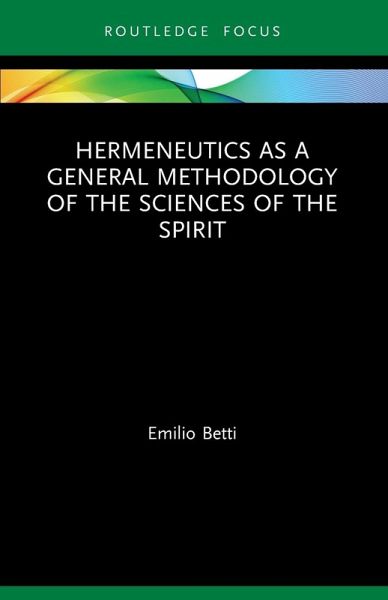
Hermeneutics as a General Methodology of the Sciences of the Spirit
Versandkostenfrei!
Versandfertig in 1-2 Wochen
28,99 €
inkl. MwSt.
Weitere Ausgaben:

PAYBACK Punkte
14 °P sammeln!
This book is the first complete English translation of the Italian jurist, Emilio Bettià â â s classic work Die Hermeneutik als allgemeine Methodik der Geisteswissenschaften, originally published in 1962.





